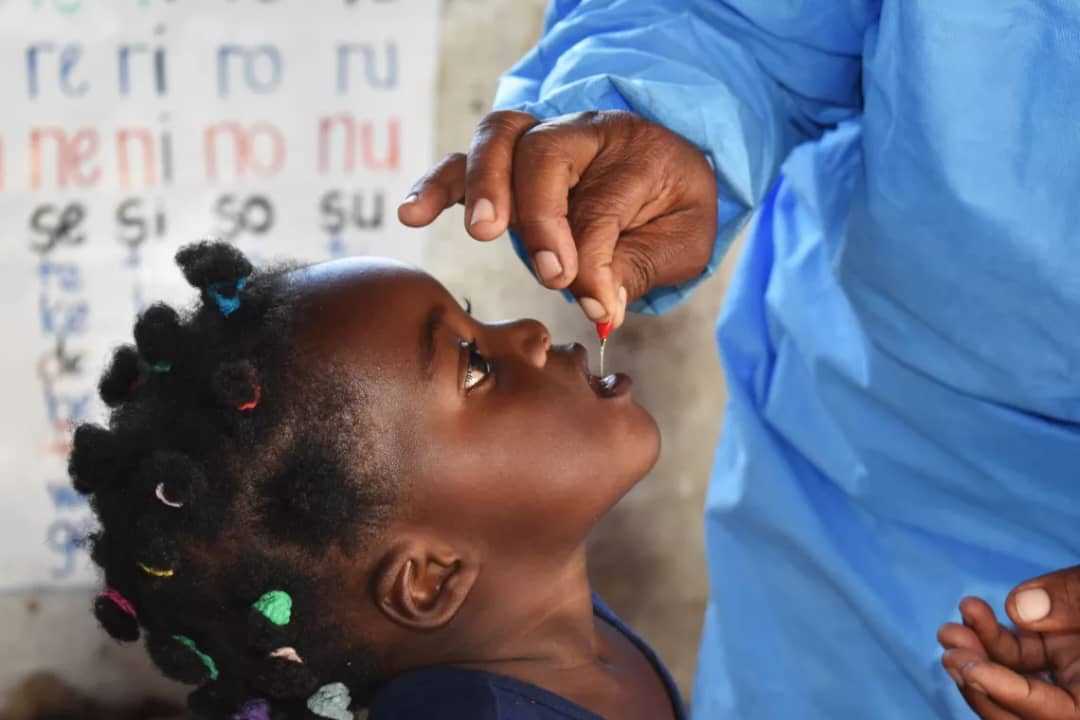
Rutendo Mazhindu - ZimNow Reporter
As Zimbabwe continues to battle persistent public health challenges, including cholera outbreaks, child malnutrition, inadequate rural healthcare infrastructure, and the growing impact of climate change on health and sanitation, the United Nations International Children's Emergency Fund (UNICEF) Zimbabwe and the Parliament of Zimbabwe have entered into a Memorandum of Understanding (MoU) aimed at strengthening collaboration in advancing the health, rights, and wellbeing of children and women across the country.
UNICEF Representative, Ms Etona Ekole, said the agreement would enhance efforts to reinforce national systems that deliver critical services to children in every corner of Zimbabwe.
“We are proud to deepen our engagement with national institutions, including Parliament, as we work to strengthen systems, policies, and investments that deliver meaningful, lasting results for children and young people across the country,” said Ms Ekole.
She emphasised the importance of multi-sectoral collaboration in driving sustainable progress.
“Whether in times of crisis or calm, it is this collaboration that continues to drive sustainable progress for children,” she said.
“Our mission is to reach every child with the opportunities they deserve. As we look ahead, let us continue to be bold, focused, and united in our mission to build a better future for every child in Zimbabwe.”
Among the key health interventions supported by UNICEF is the fight against waterborne diseases.
In Kariba, the Kusakadza family turned their personal experience with cholera into a powerful educational tool, using community drama to raise awareness on hygiene and water sanitation. Their performances have become a lifeline in promoting WASH (Water, Sanitation and Hygiene) practices in vulnerable communities.
The campaign comes amid continued cholera threats, with over 20 000 suspected cases and more than 300 deaths recorded nationwide between 2023 and 2024, according to Ministry of Health statistics.
UNICEF has been a key player in supporting government-led cholera response plans through hygiene kits, clean water access, and community education.
In rural Nyanga, the solar electrification of schools has transformed health and education outcomes.
Related Stories
The project, supported by UNICEF, has enabled teachers to live and work in remote areas, leading to increased staff retention, better lesson preparation, and improved access to information. Solar power has also enhanced school clinics' functionality, allowing basic health services and storage of temperature-sensitive medication.
UNICEF and the Forum for African Women Educationalists Zimbabwe (FAWEZI) also handed over 34 mobile science laboratories to secondary schools, mainly targeting girls in marginalised communities.
The initiative is expected to stimulate interest in science and health-related careers, thereby strengthening Zimbabwe’s future healthcare workforce.
Malnutrition remains a major concern in Zimbabwe, affecting one in three children under five, according to the latest Zimbabwe Vulnerability Assessment Committee.
Through its nutrition programme, UNICEF is supporting the detection and treatment of severe acute malnutrition in children by equipping rural clinics with supplies and training community health workers.
The organisation has also prioritised adolescent health by facilitating access to sexual and reproductive health services, menstrual hygiene education, and mental health support in schools and community centres.
Climate change is further straining health systems, with erratic rainfall patterns leading to crop failures and food insecurity in rural areas.
Through the “Climate Action for the Last Mile” initiative, UNICEF, in partnership with KOICA and the Government of Zimbabwe, is scaling up climate-resilient infrastructure and promoting climate education among schoolchildren.
The project aims to strengthen access to climate-smart health, education, and protection services in the hardest-hit districts.
The MoU with Parliament is expected to accelerate the institutionalisation of child rights through improved legislative oversight, budget allocations, and alignment of national policies with international child protection standards.
Ms Ekole expressed confidence that the partnership would yield tangible progress.
“The foundation has been laid. With Parliament’s support, we can strengthen accountability and ensure every child, especially the most vulnerable, lives a healthy, safe, and empowered life,” she said.










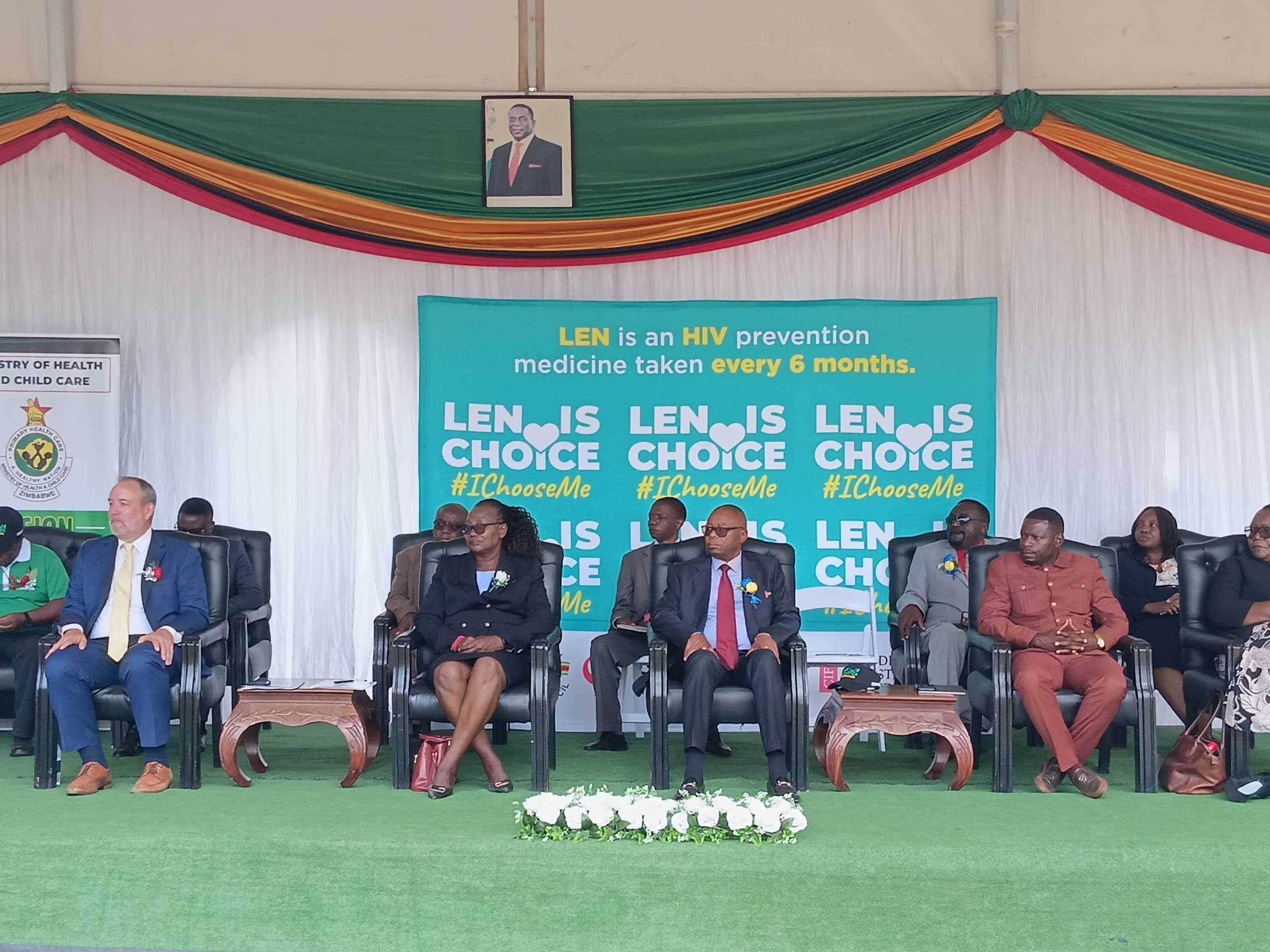

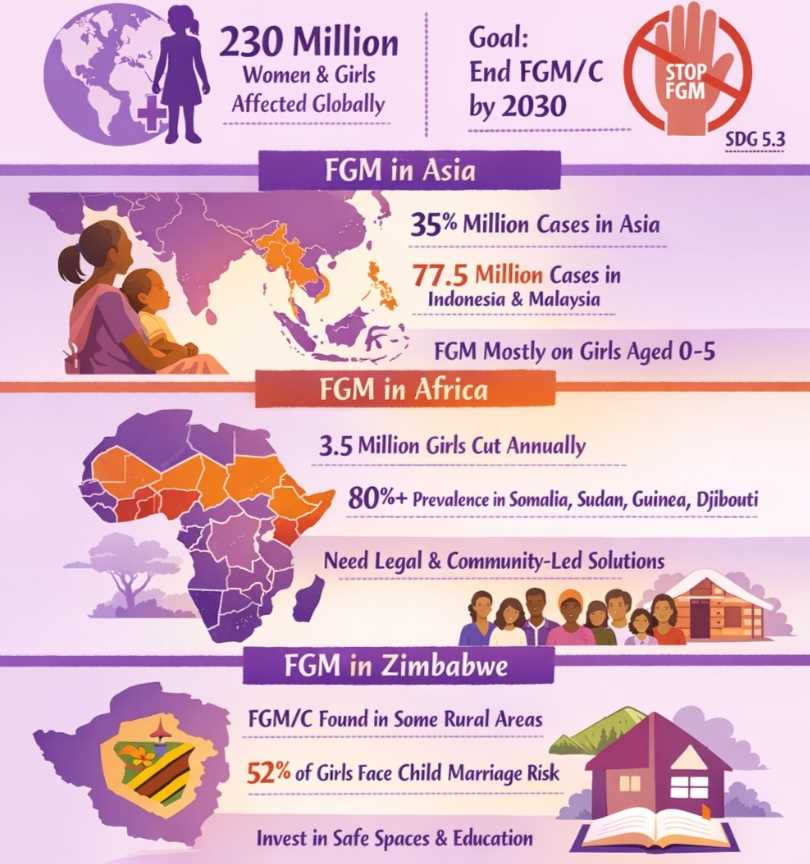

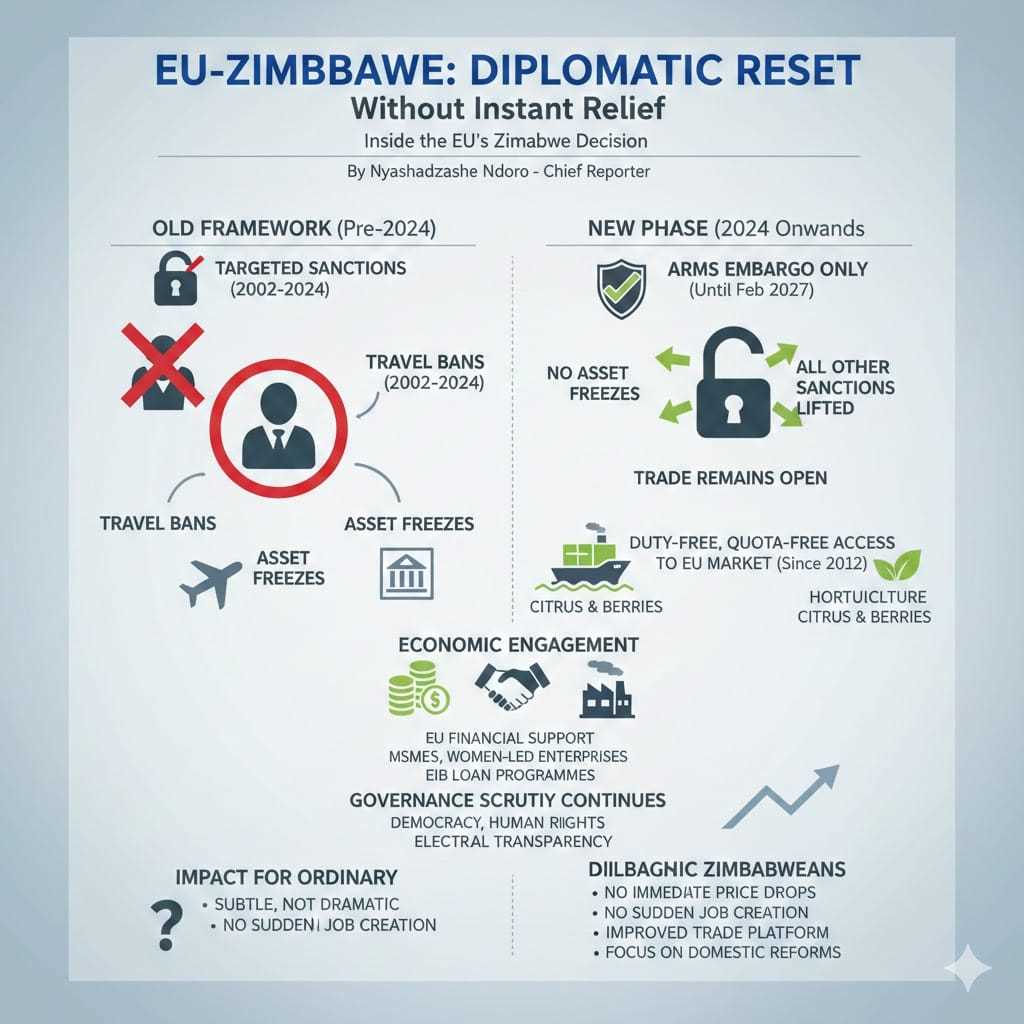

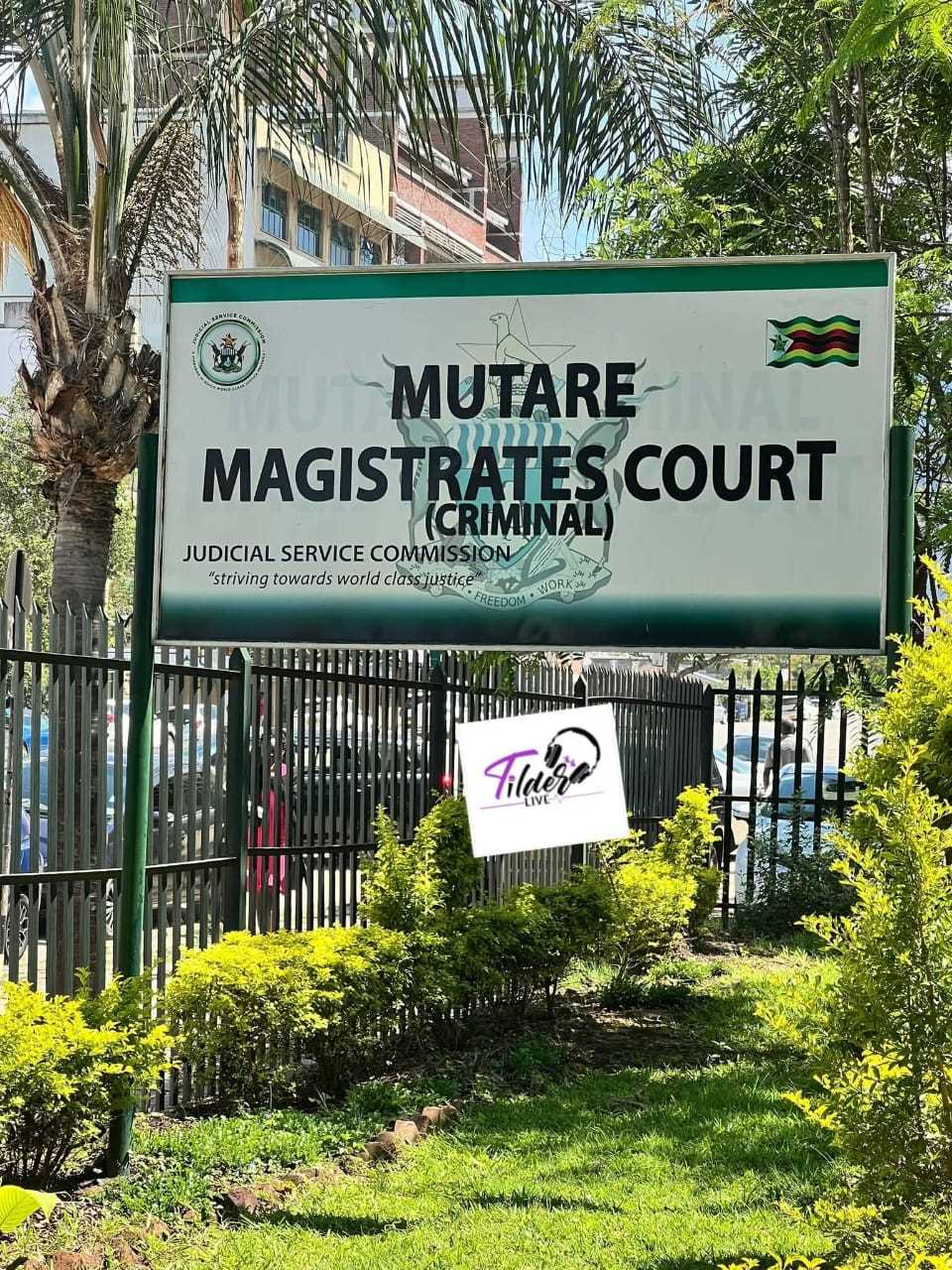


Leave Comments